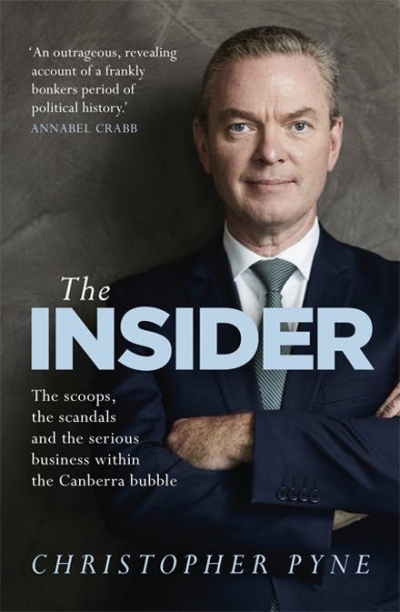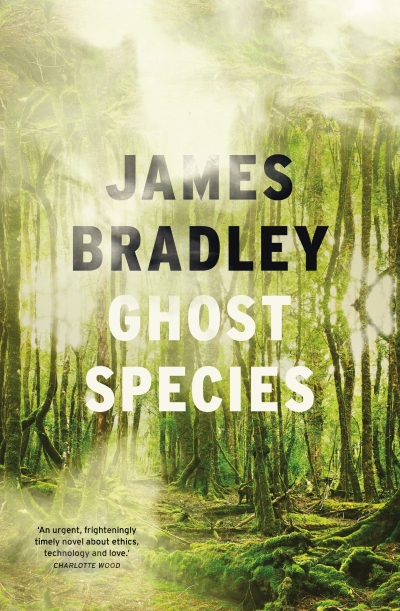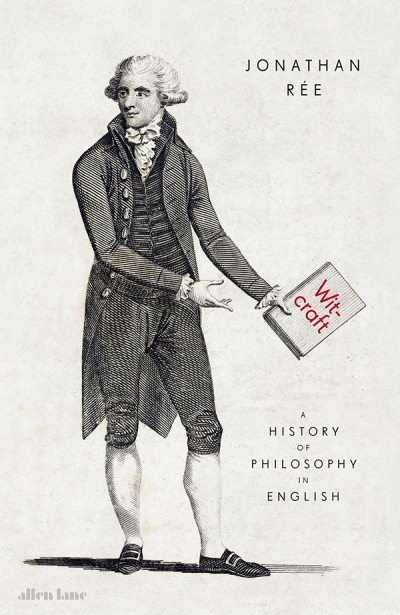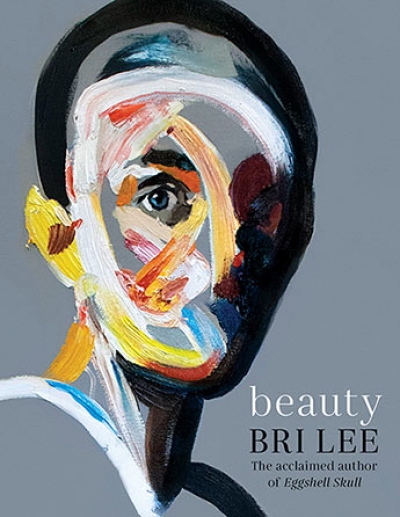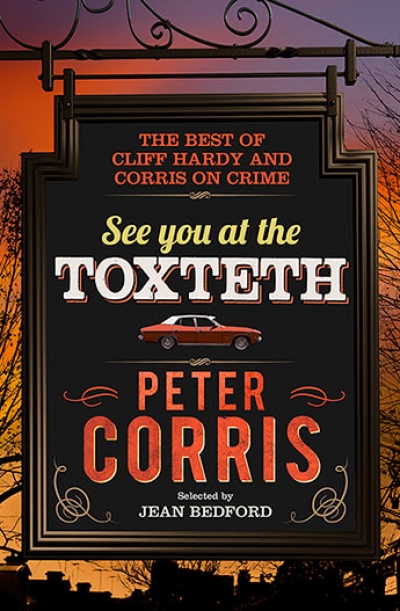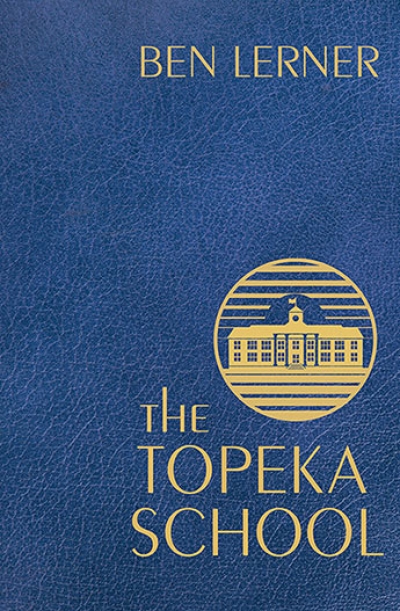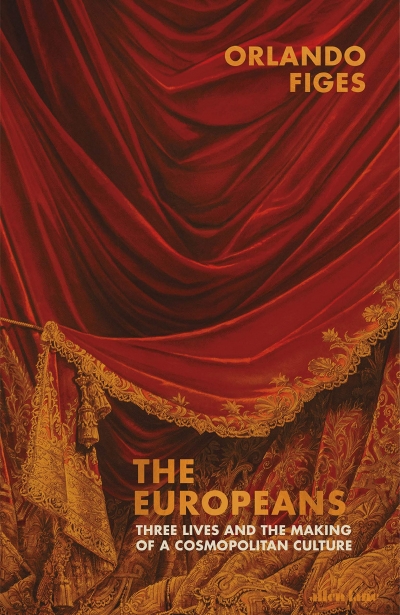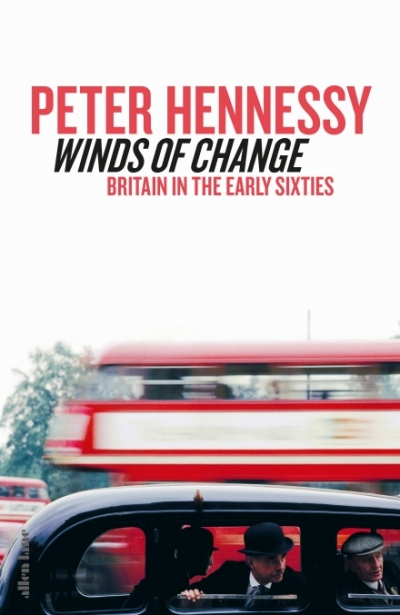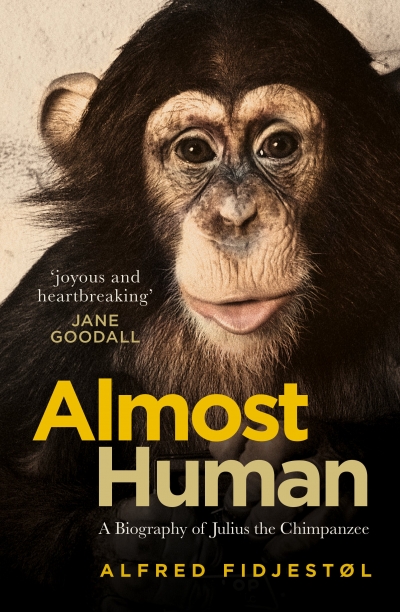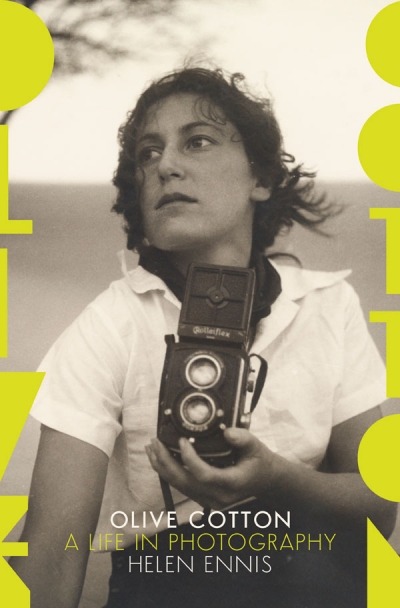VIC contributor
The Insider: The scoops, the scandals and the serious business within the Canberra bubble by Christopher Pyne
by James Walter •
Witcraft: The invention of philosophy in English by Jonathan Rée
by Janna Thompson •
See You at the Toxteth by Peter Corris, selected by Jean Bedford & The Red Hand by Peter Temple
by Chris Flynn •
The Europeans: Three lives and the making of a cosmopolitan culture by Orlando Figes
by Michael Shmith •
Winds of Change: Britain in the early sixties by Peter Hennessy
by Glyn Davis •
Almost Human: A biography of Julius the chimpanzee by Alfred Fidjestøl
by Nicholas Bugeja •

